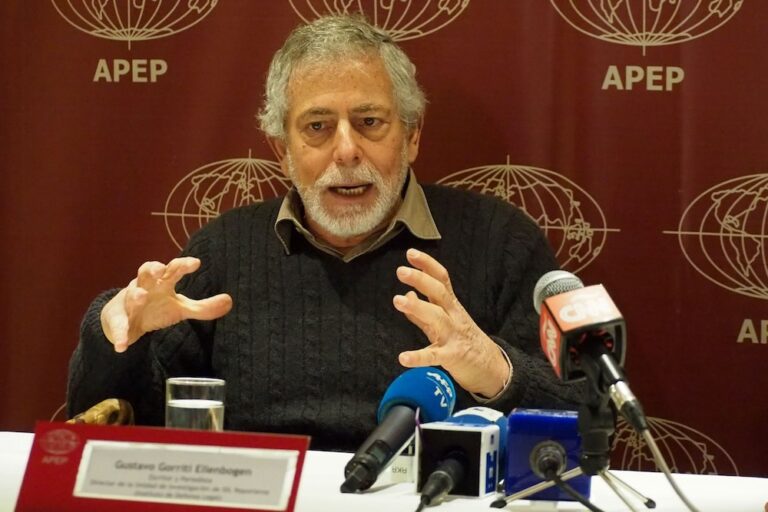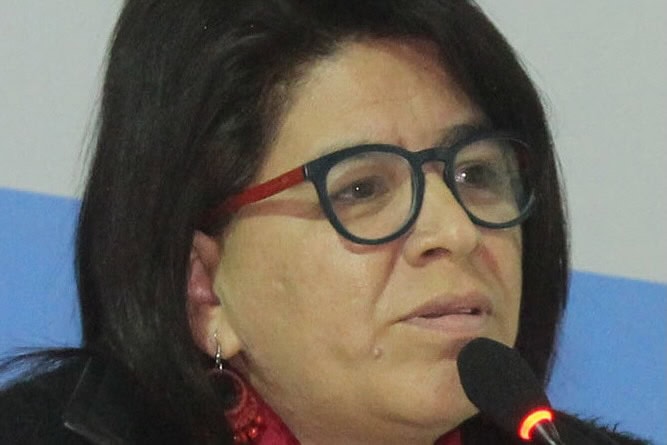The public service announcement was aimed at informing the public about the infringement of women's reproductive rights under the former Fujimori government.
(IPYS/IFEX) – 3 June 2011 – On 1 June 2011, Promsex, the Manuela Ramos Movement, DEMUS, Flora Tristán and Catholics for the Right to Choose-Peru expressed concern over the fact that a number of media outlets refused to broadcast a public service announcement about forced sterilizations carried out while former president Alberto Fujimori was in power. The TV advert includes the testimony of several women and provides information on the infringement of their reproductive rights during the 1990s.
A number of open signal TV stations, PanamericanaTelevisión (channel 5), América TV (channel 4), Frecuencia Latina (channel 2) and AndinaTelevsión (channel 9), said it was not possible to broadcast the spot because they did not have an available time slot in their broadcasting schedule. A Frecuencia Latina executive told IPYS he had not heard about the request. Pablo Massi, financial manager of AméricaTelevisión, claimed to know nothing about the advert, but went on to say that it was probable that this would happen because there was no space in the station’s advertising schedule, and even less so during the elections. Massi explained that large companies finalise their advertising deals with media outlets several months in advance.”Coca Cola, Backus and other companies closed their deals with us for this year in November of last year. As a result, if you don’t have an annual contract, it is very likely that your advert will be rejected,” he told IPYS.
Despite these explanations, IPYS is concerned that the response does not conform to the principles stipulated in Radio and Television Law 28278 and Electoral Advertising Regulations. Article I, paragraph b, of the preliminary section of the Radio and Television Law states: “Access to and the use of broadcasting services is subject to the principles of equal opportunity and non-discrimination”. Moreover, IPYS notes that the content of the TV advert in question can be seen as “electoral propaganda” according to article 4.2 of the Electoral Advertising Regulations. Therefore, by refusing to broadcast it, the media outlets are failing to comply with Article 46 of the Radio and Television Law which instructs broadcasters to ensure that at all times other parties can purchase air time for political advertisements.
IPYS urges the National Elections Jury, as the overseer of the electoral process, to ensure that all political organizations and/or third parties have an equal opportunity to access the media. It is important to lay aside any doubts on the issue, given that in the past similar arguments have been used to restrict diversity and impose limits on political organisations’ ability to have their political propaganda broadcast.


